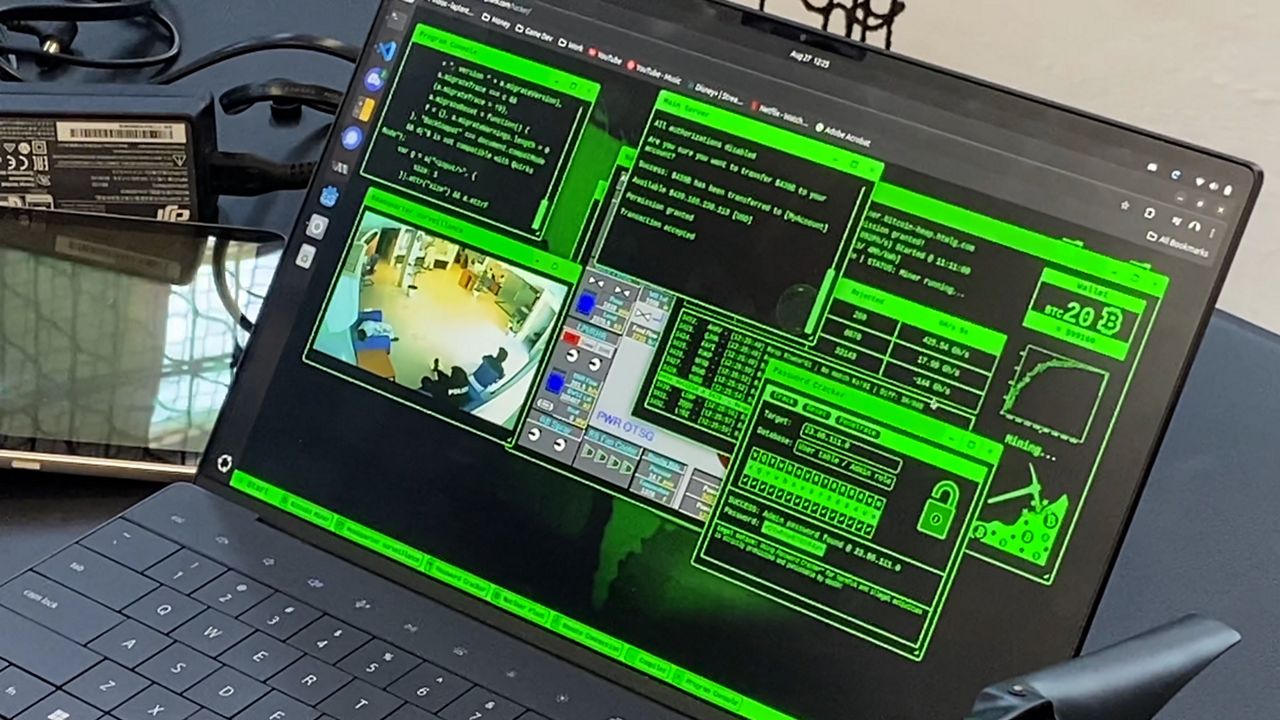Communities between the Triangle and Triad, south of Interstate 40, are poised for major changes this decade. It’s already started.
Wolfspeed is working on a new semiconductor factory in Siler City. Vietnamese electric car maker Vinfast plans to build a massive plant in Chatham County. In nearby Liberty, Toyota plans an EV battery factory.
Just those three companies could bring more than 11,000 jobs to what is now a largely rural swath of the North Carolina Piedmont. It’s an investment of more than $14 billion.
It’s been part of a long-term strategy by the state’s leaders, both Republican and Democrat, to bring new clean energy and advanced manufacturing jobs to North Carolina.
N.C. State University economist Michael Walden said he thinks this part of North Carolina will emerge as an “EV corridor,” a center for advanced manufacturing to build the next generation of clean cars and renewable energy technology.
“If you think about that geographical location, it’s really that whole swath of land between the Triangle and the Triad. It’s largely rural, and I think could emerge in the future,” Walden said. “Once you get these big names, these big operations coming in, you’re going to have a whole lot of subsidiary operations coming also.”
The EV industry is bringing jobs to other parts of the state, too. Last month, Atom Power announced an expansion of its Huntersville facility and plans to add more than 200 new jobs. The company makes parts for EV chargers.
"North Carolina leads the nation in the transition to the clean energy economy,” Gov. Roy Cooper said last month. “Electric vehicles are key to this transition and I’m pleased Atom Power is expanding in Huntersville to make critical parts for EV charging stations which will be located throughout North Carolina.”
Companies are working on opening two new lithium mines. Lithium is a critical component to making batteries for EVs.
“North Carolina has significant lithium deposits west of Charlotte,” Walden said.
Mines in the Carolina Tin Spodumene Belt, which runs through Gaston and Lincoln counties, could prove to be a major source of lithium in the United States. Currently, companies rely on importing lithium from China, Australia and South America.
China dominates the market for lithium-ion batteries. The Biden administration has put billions into incentives for lithium mining and the EV industry in the United States. That includes about $150 million from the federal government for a lithium processing plant in Kings Mountain, about 30 miles from Charlotte.
Attracting these kinds of companies is part of a decades-long strategy by North Carolina’s elected leaders, both Republicans and Democrats.
“In less than 50 years, North Carolina has totally remade its economy,” Walden said. In fact, he’s written two books on the topic. The state’s economy used to be based on three pillars: tobacco, textiles and furniture. That’s been replaced by tech, finance and now advanced manufacturing.
“North Carolina’s economy has a rich manufacturing legacy that benefits from its homegrown companies and innovative research ecosystem to support their success,” N.C. Commerce Secretary Machelle Baker Sanders said last year when Wolfspeed announced its new semiconductor factory in Chatham County.
All these new factories will also change the face of North Carolina’s workforce. Walden said the Triangle and Triad have world-class universities, with a good talent pool of highly educated people. But these plants will need thousands of workers who do not need four-year degrees.
“As a state, we are committed to providing more creative training systems to further develop the talented workforce to help our state maintain its cutting-edge leadership," Sanders said.
Community colleges in the area are already working with companies to figure out what skills workers will need, so they can start getting the right classes and training opportunities in place.
“A lot of the employment at these firms will not necessarily need four-year college educated people, maybe some community college. That’s exactly the kind of employment opportunities we need in rural North Carolina,” Walden said.
The area is going to grow, that’s for certain. Tens of thousands of people could be moving to Chatham, Randolph and surrounding counties in the coming years as the plants open and start hiring.
“There are going to be workers who are attracted from outside the state to come here. But that area has a lot of development potential,” Walden said.
Big cities, like Raleigh, have faced challenges as they’ve grown over the past 20 years.
“It’s been the metro areas that have been growing by leaps and bounds, in some senses probably too fast because that’s caused problems for housing prices and transportation,” he said.
But, Walden said, he has family in Chatham County that is not happy about all the new development on the horizon.
“There are clearly people there who will not be happy about the development,” he said. Siler City still has the feel of a rural agricultural town. With thousands of jobs moving in next door in the coming years, that will change.








